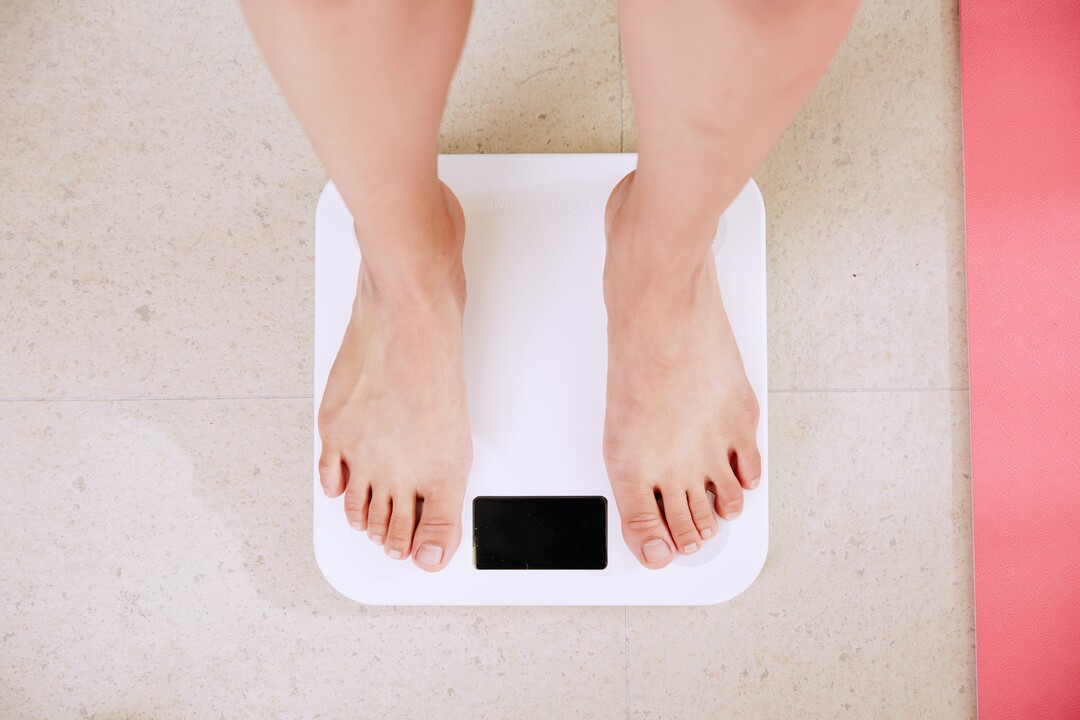Terms & Conditions
Please read the following terms and conditions of use (“Terms and Conditions”) for the Winterberry Family Medicine website carefully. By clicking the box located next to “I have read and agree to the Terms and Conditions contained herein” at the bottom of this window and accessing the Winterberry Family Medicine website, you as the user, agree to the Terms and Conditions set forth below.
USE OF THE WEBSITE
The use of the Winterberry Family Medicine website by you is conditional on your acceptance of the Terms and Conditions set forth below. By visiting or using this website, including without limitation to access, use, and/or downloading messages, information, data, text, software or images, or other content from this website, or to send messages, information, data, text, software or images, or other content to the website, you agree on your own behalf, and on behalf of any entity on whose behalf you may act, to accept and abide by the Terms and Conditions for each use of and each visit to this website. If you do not agree to abide by these Terms and Conditions, do not use this website.
MODIFICATIONS TO CONTENT
Winterberry Family Medicine retains the right, in its sole discretion, to add to, remove, modify or otherwise change any part of the Terms and Conditions, in whole or in part, at any time. Changes will be effective when notice of such change is posted at this website. If any term, condition or any change thereto is not acceptable to you, you must discontinue your use of this website immediately. Your continued use of this website after any such changes are posted will constitute acceptance of those changes. These Terms and Conditions apply exclusively to your use of this website and do not alter the terms or conditions of any other agreement you may have with Winterberry Family Medicine.
Winterberry Family Medicine may, at any time without notice or liability, and for any reason whatsoever, terminate, change, suspend or discontinue any aspect of this website, including (i) changing the availability of, restricting access to, or imposing limits on any or all features or services on, or links to, the website (ii) adding, removing or changing any fees or charges for use of the website or any features thereof; (iii) removing, adding, modifying or otherwise changing any content on this website. Winterberry Family Medicine reserves the right, in its sole discretion, to correct any errors or omissions in any portion of this website at any time without notice but confirms that it has no duty to do so.
DISCLAIMER
This website has been developed by Winterberry Family Medicine for information and patient-booking purposes only. This website does not provide specific medical advice and is not a substitute for professional medical advice, diagnosis, or treatment. If you have or suspect you have a health problem, you should contact your family doctor for consultation, diagnosis, and treatment. If you have or suspect you are experiencing a health emergency, please promptly visit the Hospital Emergency Department nearest you.
LIMITATION OF LIABILITY
Except as otherwise noted herein, the material provided on this website is provided “as is” without any warranties or representations of any kind, either express or implied. Reliance on any information provided by Winterberry Family Medicine appearing on or provided in relation to this website is solely at your own risk. Winterberry Family Medicine takes no responsibility for viruses that may damage your computer system or data resulting from your access to or use of this website or the material contained on this website.
Your use of the services provided on this website is provided “as is” and on an “as available” basis. The Winterberry Family Medicine website provides these services without warranties of any kind, whether express or implied.
In no event will Winterberry Family Medicine be liable for any damages whatsoever arising out of the use, inability to use, or the results of use of this website, any third-party websites, or the materials, services, or products contained or provided through any or all such websites.
By using this website, you hereby agree to release us (and our respective officers, directors, employees, subsidiary and associated corporations and representatives) from all claims, actions, liabilities, and damages relating to or arising from any risks described in these Terms and Conditions.
Winterberry Family Medicine shall not be liable to you and/or any third party for any damages of any nature or kind arising out of or relating to the use of, or reliance upon, the Winterberry Family Medicine Website including, but not limited to, any lost profits, lost opportunities, special, incidental, indirect, consequential, or punitive damages.
OWNERSHIP OF MATERIALS AND COPYRIGHT
The services and material found on this website are owned by Winterberry Family Medicine and are subject to copyright protection. Any use of this material is strictly prohibited without the prior written permission of Winterberry Family Medicine and the permission of the applicable rights holder(s). The trademarks of Winterberry Family Medicine and others used on this website are the property of Winterberry Family Medicine or their respective owners. You may not use any trademark displayed on this website without the written permission of Winterberry Family Medicine or the respective owner.
You may download material from this website for your personal, non-commercial, and informational viewing, but you may not otherwise copy, reproduce, republish, post, transmit, display, frame in another webpage, perform, distribute, modify or create derivative works from this content without prior written permission of Winterberry Family Medicine or the material’s respective owners. Access and/or use of this website does not grant you any ownership rights over any material contained on this website whatsoever.
THIRD-PARTY WEBSITE LINKS FROM THIS WEBSITE
Any third-party websites linked from the Winterberry Family Medicine website are created by organizations outside Winterberry Family Medicine. Those organizations are responsible for the information contained within their websites and any comments regarding these websites should be directed to that individual organization.
Winterberry Family Medicine does not approve or endorse the content on any third-party websites. These links are strictly provided as a convenience to you for additional information. Winterberry Family Medicine is not responsible for the content of linked third-party websites or third-party advertisements and does not make any representations regarding their content or accuracy. You acknowledge and agree that your use of third-party websites is at your own risk and subject to the terms and conditions of use for such websites.
GENERAL
By accessing this website, you agree that the laws of the Province of Ontario and the Federal laws of Canada shall govern your use of this website, the Terms and Conditions, and any dispute or claim based on your use of the website or the material. You agree that any action or proceeding related to your use of the website shall only be brought by you in the courts of the Province of Ontario located in Hamilton, Ontario. You agree that if you choose to access this website from other locations you do so at your own risk and are responsible for compliance with any and all local laws, if and to the extent local laws are applicable.
SEVERABILITY
If any provision of the Terms and Conditions is found to be unlawful, void or unenforceable, then such provision is deemed severable and will not affect the validity or enforceability of any of the remaining provisions.
NONWAIVER
The failure of Winterberry Family Medicine to act with respect to a breach by you or others of these Terms and Conditions does not waive Winterberry Family Medicine’s right to act with respect to subsequent or similar breaches.
ENTIRE AGREEMENT
These Terms and Conditions set forth the entire understanding and agreement between Winterberry Family Medicine and you with respect to this website, its uses, and services.

